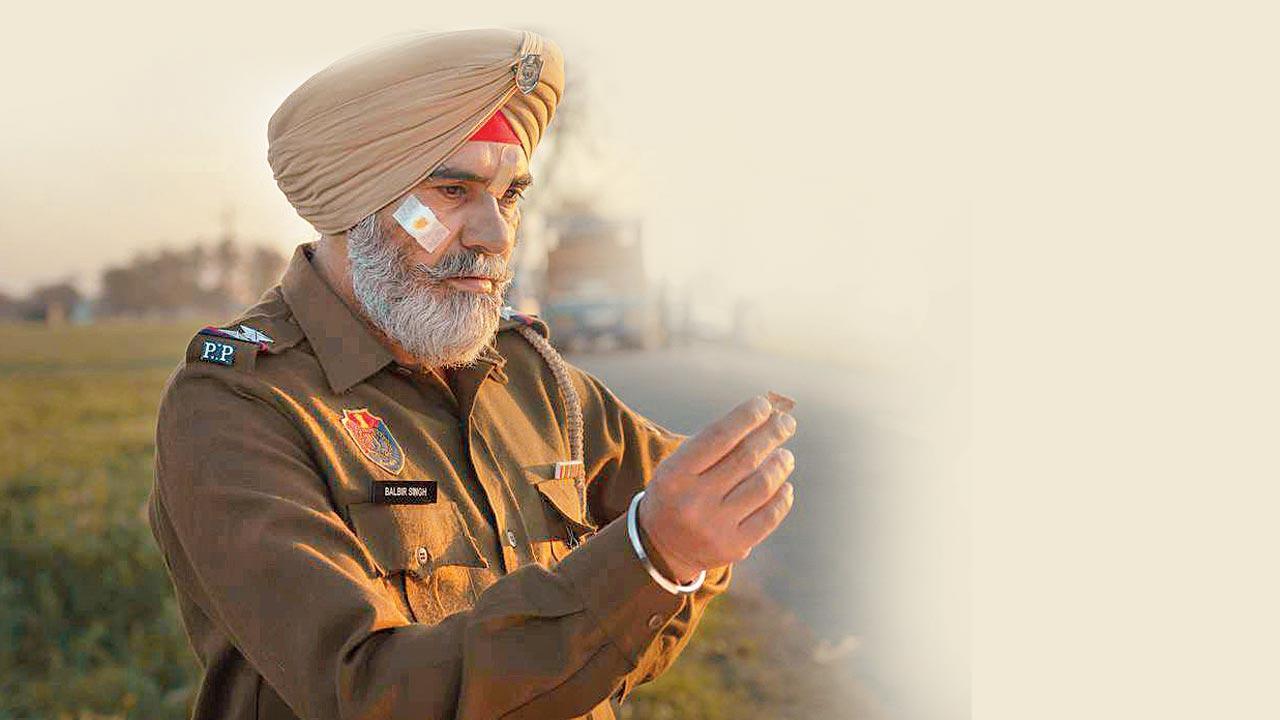No one wants to make a film like NH10 or Udta Punjab for theatres today-Sudip Sharma
8:36 AM
Posted by Fenil Seta

Kohrra creator Sudip on how theatrical movies have been ‘dumbed down’ in the name of entertainment, leading filmmakers to explore brave subjects on OTT
Priyanka Sharma (MID-DAY; July 20, 2023)
“I’m a non-violent person. I have never even got into a heated argument with anyone,” laughs Sudip Sharma, aware that his screen offerings might suggest otherwise. But then, it takes a calm mind to understand the complex subject of violence, its roots, and different manifestations.
After Paatal Lok (2020), Kohrra is creator-writer Sharma’s latest attempt to examine the dark side of humans. “We all carry that darkness inside us as individuals, families and societies. That’s fascinating to explore,” he begins.
The Netflix series sees Suvinder Vicky and Barun Sobti as cops investigating the murder of an NRI groom in Punjab. Under the disguise of a thriller, Kohrra tells a story about love and generational violence. Sharma, who has created the show with Gunjit Chopra and Diggi Sisodia, reveals that love was indeed its genesis.
“The starting point was the title of one of Charles Bukowski’s poems, Love is a dog from hell. We wanted to do a show about relationships. I was coming off Paatal Lok, which was a procedural. So, I didn’t want to do another. But when Gunjit and Diggi pitched the idea, I felt there was an opportunity to explore relationships and how love can be either uplifting or soul-crushing.”
When it came to casting, Sharma knew it was time to work with that actor who had left a lasting impression on him with his bit roles in Udta Punjab (2016) and Paatal Lok. Enter Vicky. “He had one scene in Paatal Lok. But he was so good in that scene that I knew I wanted to work with him again. When we started writing Kohrra, I knew he was the right choice for Balbir Singh. None of his breakthrough work like CAT [2022] and Meel Patthar [2020] had come out then.”
While Kohrra has opened to unanimous praise, Sharma has moved on to the second season of Paatal Lok, which is due next year. So, has he given up on theatrical offerings in favour of long-format stories? Something like that, says Sharma, whose last theatrical venture was Laal Kaptaan (2019), in which he served as a dialogue writer. Reason—“We stopped making films that interested people like me,” he says.
“No one wants to make a film like NH10 or Udta Punjab for theatres today. The thought—if it’s theatrical, it has to be entertaining and understood by all—basically means it has to be dumbed down. They want you to write the kind of films that are getting made. I don’t even watch those films. How can I make them?”
This entry was posted on October 4, 2009 at 12:14 pm, and is filed under
Bollywood News,
Diggi Sisodia,
Gunjit Chopra,
Kohrra,
NH10,
Sudip Sharma,
Suvinder Vicky,
Udta Punjab
. Follow any responses to this post through RSS. You can leave a response, or trackback from your own site.
Subscribe to:
Post Comments (Atom)
Post a Comment